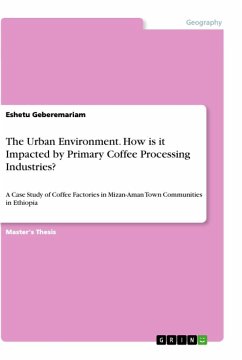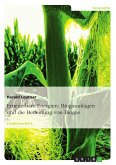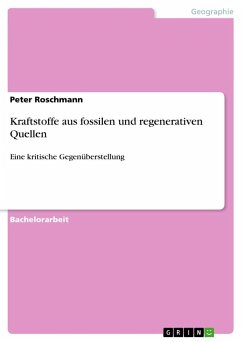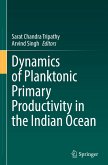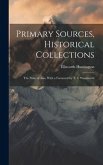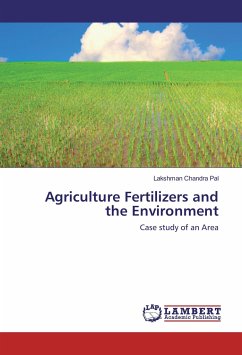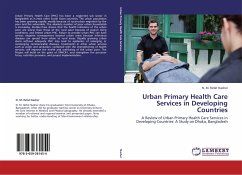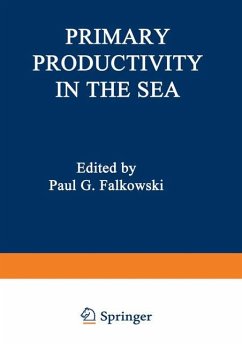Master's Thesis from the year 2012 in the subject Geography / Earth Science - Physical Geography, Geomorphology, Environmental Studies, grade: +B(3.5), Ethiopian Civil Service University (Urban Development Institute), course: Urban Management with specialization Urban Environmental Plannig and Management, language: English, abstract: The impact of primary coffee processing was the result of good and miss-management coffee processing activities on environment. Massive amount of waste was generated and led to environmental impacts. Therefore, the study investigated that the impact of primary coffee processing industries on nearby environment in Mizan-Aman town. The purposes of the study were identified and assessed water withdrawal and utilization, waste management practice, the impact of primary coffee processing industries, the degree to which environmental law and regulations are implementing. The study used case study research design type through quantitative and qualitative research paradigm.Mixed techniques of data collection instruments; interview, questionnaires, focused group discussion and review of documents were employed. Sample size of 180 residents and 9 primary coffee processing industries were surveyed by purposive and simple random sampling. The data were analyzed using by proportion, mean, Mode, and Geometric mean and the findings were presented by tables, pie-charts, graphs and photo graphs. From six industries, the total extraction and consumption of water accounts 10,800 m 3 - 83,700 m3 per year and 31.3 liter water/kg coffee. The average of husk and parchment waste generation, were 7,573,500 kg per year and at rate of 4.9 % per year were increased. The average generated liquid waste accounts for 107,894.4M3 per year, and the average growth rate of generation was 7.6 %.The negative impacts for 42.95%, 26.47%, 2.35%, 28.2%, for Human medical health cost, Animal loss, water treatment, and crop loss or damage were resulted respectively. The waste was not handled properly by waste management hierarchy. The challenges faced were weak access to technology, lack of environmental ethics code, weak enforcement of environmental laws, and lack of fund, poor attitude to waste management, absence of urban environmental protection agency, lack of clear pollution standard, poor sitting and design of industries.The strategies to solve challenges were integrating bio-gas, bio-fertilizer and ethanol production, introducing self-policing behaviors, prior water right, connecting waste management of industries with municipality, setting clear standard for coffee waste, auditing and EMS practice, decentralizing environmental agency, establishing water quality testing laboratory, and rural industrialization incentives were recommended.
Hinweis: Dieser Artikel kann nur an eine deutsche Lieferadresse ausgeliefert werden.
Hinweis: Dieser Artikel kann nur an eine deutsche Lieferadresse ausgeliefert werden.

